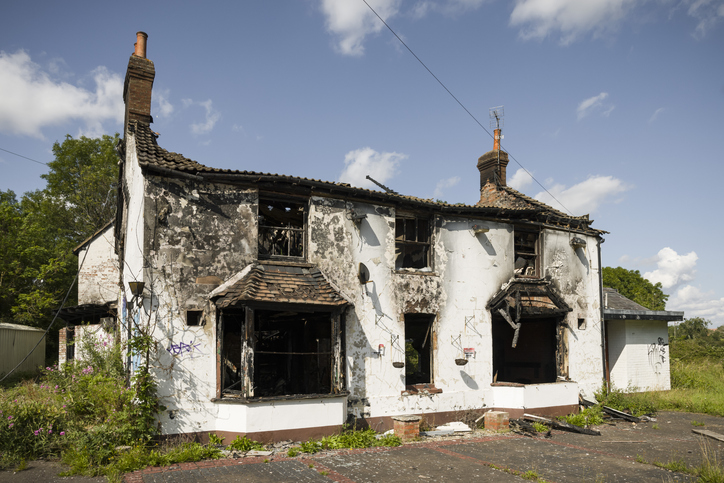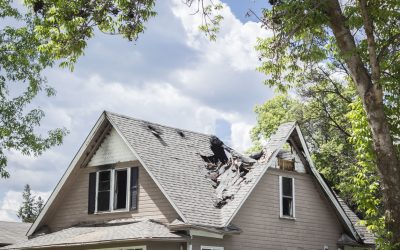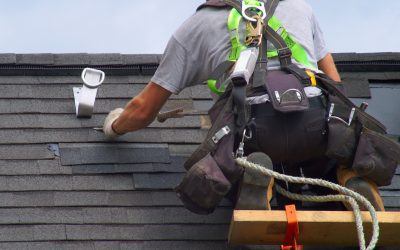Managing Fire Damage Restoration Costs: Tips and Strategies
When a fire ravages your home or business, the aftermath can be overwhelming, both emotionally and financially. One of the most pressing concerns is the cost of fire damage restoration. In this guide, we’ll explore tips and strategies for managing fire damage restoration costs effectively.
Understanding Fire Damage Restoration Costs
Fire damage restoration costs can vary widely depending on the extent of the damage and the size of the property affected. From structural repairs to smoke and soot removal, the expenses can quickly add up. It’s essential to have a clear understanding of what factors contribute to these costs and how you can mitigate them.
Factors Influencing Fire Damage Restoration Costs
1. Extent of Damage:
The severity of the fire damage will play a significant role in determining the restoration costs. Extensive damage to the structure, as well as contents within the property, will require more extensive repairs and replacements.
2. Smoke and Soot Removal:
Smoke and soot can infiltrate every surface of your property, necessitating thorough cleaning and deodorization. The cost of smoke and soot removal will depend on the extent of contamination and the techniques required to restore the property to its pre-fire condition.
3. Water Damage:
In many cases, water damage from firefighting efforts compounds the destruction caused by the fire itself. Addressing water damage promptly is crucial to prevent further deterioration and mold growth, but it also adds to the overall restoration costs.
Tips for Managing Fire Damage Restoration Costs
1. File Your Fire Damage Claim in Florida
After a fire, it’s essential to file a fire damage claim with your insurance company as soon as possible. This will initiate the claims process and provide you with the financial support you need to begin the restoration process. Be sure to document the damage thoroughly and provide detailed information to support your claim.
2. Seek Assistance from Public Adjusters in Florida
Navigating the fire damage insurance claim process can be complex and overwhelming, especially when you’re already dealing with the aftermath of a fire. Public adjusters in Florida specialize in helping policyholders maximize their insurance claims and can advocate for your best interests throughout the process. Their expertise can help you secure the maximum compensation you are entitled to for your fire damage restoration costs.
3. Obtain Multiple Estimates
Before committing to any restoration work, obtain multiple estimates from reputable fire damage restoration companies. Compare the scope of work and pricing to ensure you’re getting the best value for your money. Keep in mind that the lowest bid isn’t always the best option; prioritize quality and reliability when selecting a restoration contractor.
4. Mitigate Further Damage
Take immediate steps to mitigate further damage to your property, such as boarding up windows, tarping roofs, and drying out water-damaged areas. Acting quickly can prevent additional expenses and streamline the restoration process.
Managing fire damage restoration costs requires careful planning, documentation, and negotiation. By understanding the factors that influence restoration costs and implementing effective strategies for managing expenses, you can navigate the process more confidently and minimize financial strain. Remember to file your fire damage claim in Florida promptly and seek assistance from experienced public adjusters who can advocate for your best interests. With the right approach, you can rebuild and restore your property after a fire without breaking the bank.
Explore our blog about – When Is It Too Late to Hire a Public Adjuster for Your Insurance Claim?
Reference –
Fire Insurance Claims: Some Insights.
https://www.sciencedirect.com/science/article/pii/S0950061815303767
https://link.springer.com/article/10.4996/fireecology.0501115
https://conbio.onlinelibrary.wiley.com/doi/abs/10.1111/j.1523-1739.2004.521_1.x
https://heinonline.org/hol-cgi-bin/get_pdf.cgi?handle=hein.journals/camplr19§ion=8



